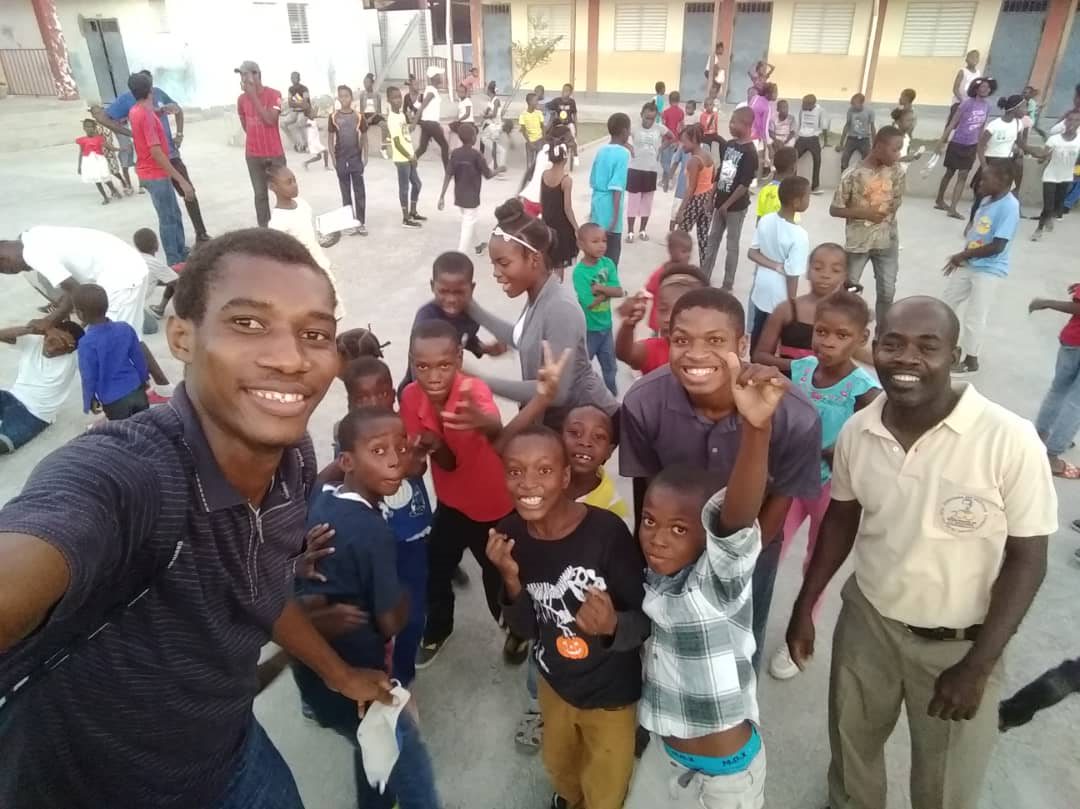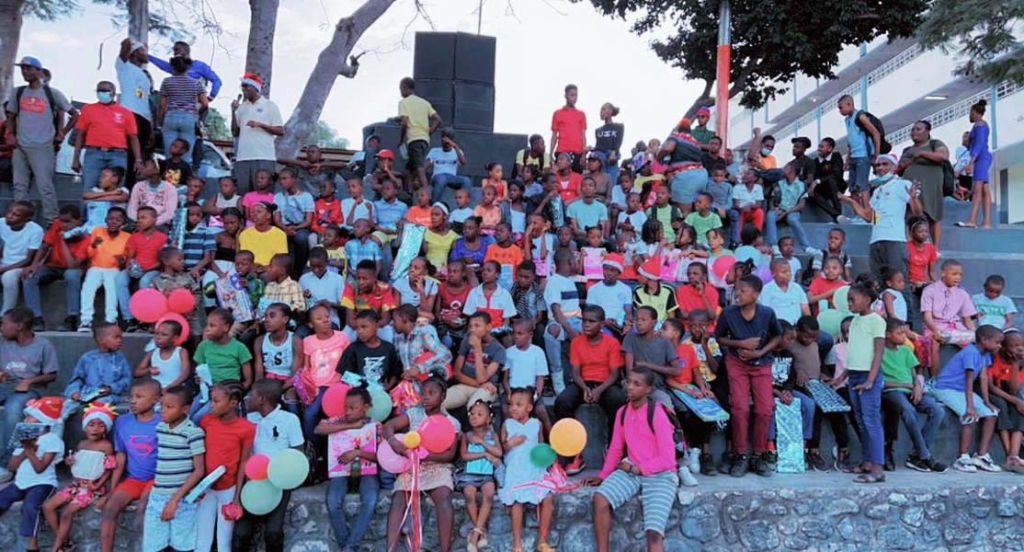HAITI: Opening of Salesian Technical School to Provide Skills, Jobs to 2,000 Students
(MissionNewswire) Two thousand youth in Fort- Liberté, Haiti, will receive training for guaranteed work placement with the opening of the new Don Bosco Technical School. On May 7, 2012, Haiti’s president, Michel Joseph Martelly, its education minister, Réginald Paul, and other government representatives marked the opening of the new Salesian school with a special ceremony.
The new school—along with the restoration of the damaged areas of Don Bosco Polytechnic—is part of a collaboration with the Caracol Industrial Park. This industrial park is expected to be one of the largest in the Caribbean, according to the Inter-American Development Bank (IDB) which is financing the industrial park project along with private investors and other organizations.
The school will develop training modules ranging from three months to two years that will give youth the skills needed to meet job requirements for the new industries located in the industrial park. Sae-A Co. Ltd., a Korean apparel manufacturer, is investing $78 million to develop operations in the park and has committed to hiring at least 20,000 Haitians to work there. This is the largest single investment in modern Haitian history, according to the IDB.
“This is a simple ceremony, but it is very important for its symbolism and the meaning it carries, given that the government of Haiti is involved, with the determination of the President of the Republic, in the concentration of investments and the creation of Industrial Estates, which of course needs a trained labor force,” said Minister Paul at the opening of the school.
“The Caracol Industrial Park shows the positive impact foreign investment can have in building Haiti back better,” said former U.S. President Bill Clinton at the official ceremony to set the foundational stone for the construction of the industrial park in November, 2011. “It will bring tens of thousands of jobs to Haitians, and I am proud to be here for the groundbreaking of this important project.”
Investments also include $55 million for the initial construction phase from the IDB. The U.S. government has committed more than $124 million in funding to build at least 25 megawatts of electrical power generation, improve regional health facilities, construct up to 5,000 housing units near the towns of Ouanaminthe, Fort Liberté, Terriere Rouge, Trou Du Nord, Caracol, and Quartier Morin in Northern Haiti in partnership with the IDB and Food for the Poor, and modernize regional port facilities, according to the IDB website.
“This is a unique opportunity to provide youth with skills that they can immediately put into action to rebuild their individual lives, as well as their country. Our goal is to support Haiti’s youth as they become the country’s leaders in the public and private sectors,” says Father Mark Hyde, executive director of Salesian Missions, the U.S. development arm of the Salesians of Don Bosco.
Don Bosco Technical School will prepare youth for jobs through traditional and professional training courses in the areas identified as most in need, including hydraulics, masonry, cabinet making, tailoring and administrative work.
“We are constantly developing new training programs to meet the needs of the specific areas of Haiti where we work,” explains Fr. Hyde, adding that Salesian Missions is currently undertaking an in-depth study of the employment situation in Haiti to better understand the needs of the marketplace and determine what opportunities are available to students.
Father Sonel Romain, director of the Salesian Center in Fort Liberté, notes that since 1935, Salesians have worked to educate Haiti’s most vulnerable youth and have been working in Fort-Liberté for 10 years offering both formal and informal education programs.
Like the Don Bosco Technical School, the center in Fort Liberté offers a wide range of educational programs and includes an elementary school, a technical school, a vocational training center, teacher-training courses and a school of nursing. In March, a new section of the school of nursing opened in conjunction with the presentation of certificates to nursing students. New buildings include four classrooms, a library, a work room, a staff room and others for administration.
Salesians also work to develop programs that aid community development and contribute to the advancing of opportunities for the poor and underserved. Recently, Salesians proposed a project which included enhancing food security by improving agricultural production and productivity in agriculture schools in Fort Liberté, as well as Cap Haitien and Gressier.
ABOUT SALESIAN MISSIONS IN HAITI:
Salesian Missions, headquartered in New Rochelle, NY, is the U.S. development arm of the Salesians of Don Bosco. The Salesian Missions Office for International Programs was assigned the task of coordinating international Salesian relief efforts in Haiti immediately after the January 2010 earthquake. The Salesians have served Haiti for 75 years, operating schools, feeding programs, orphanages, and youth programs and building educational infrastructure. For more information, go to www.SalesianMissions.org.
For more information about Salesian Missions’ work and progress in Haiti, visit ProgressInHaiti.org.
###
SOURCES:




